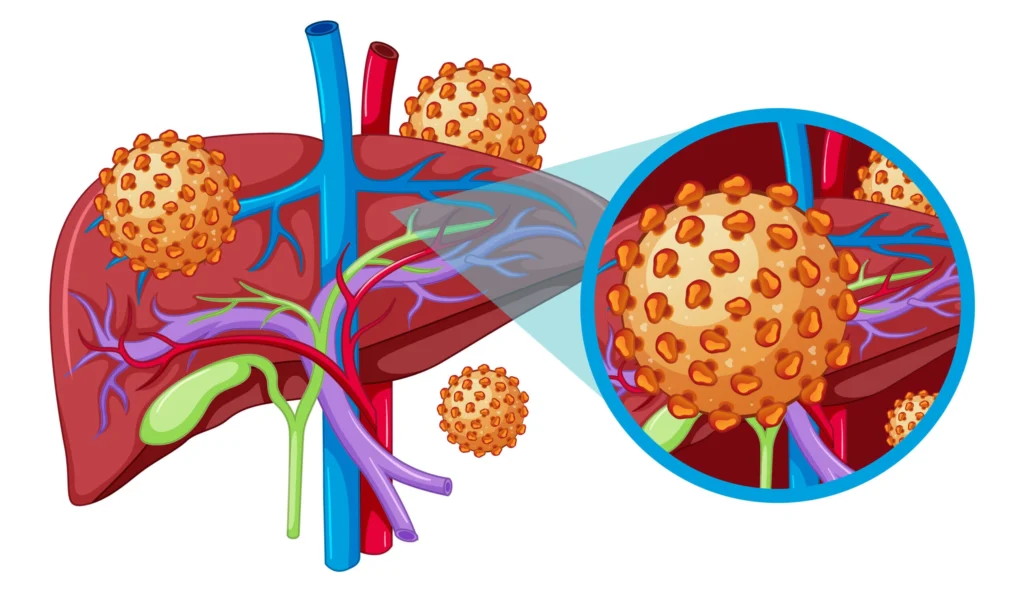Hepatitis A is a viral liver infection that vaccination and proper hygiene practices can prevent. However, in cases of infection, knowing available treatments and preventive measures is crucial. This comprehensive guide aims to explore Hepatitis A treatment and prevention, offering valuable insights into managing this infectious disease.
Hepatitis A Treatment and Prevention
Medical Management for Hepatitis A
Medical management for Hepatitis A involves a combination of supportive care and monitoring to ensure a smooth recovery from the viral infection. Here are key elements of the medical management process:
- Rest and Hydration:
- Essential for Recovery: Hepatitis A treatment and prevention involves various actions and practices that are fundamental for recovery and safeguarding against this viral liver infection. In medical contexts, “essential for recovery” encapsulates vital measures necessary for healing or improvement from an illness.
- Hydration Importance: Proper hydration supports liver function and helps flush out toxins.
- Avoiding Alcohol:
- Liver Protection: During the acute phase of Hepatitis A, abstaining from alcohol is essential to prevent additional stress on the liver.
- Promotes Healing: Hepatitis A treatment and prevention involves adopting measures that actively contribute to the healing process during a Hepatitis A infection. When we say promotes healing in Hepatitis A, we are referring to specific actions and practices designed to alleviate symptoms, restore liver function, and expedite the body’s natural recovery mechanisms.
- Monitoring Liver Function:
- Regular Tests: Healthcare providers conduct liver function tests to assess the impact of the virus on the liver.
- Tracking Progress: In the realm of Hepatitis A treatment and prevention, tracking progress involves continual evaluation of the infection’s development and its impact on the body’s well-being. For Hepatitis A, healthcare experts employ diverse methods, including routine check-ups, liver function assessments, and observing symptom changes.

Supportive Care and Medications
Supportive care and medications play a pivotal role in managing the symptoms and discomfort associated with Hepatitis A. Here’s a closer look at the components of supportive care and the medications commonly used:
- Pain Relief:
- Over-the-Counter Medications: Non-prescription pain relievers like acetaminophen (Tylenol) can help alleviate fever, body aches, and discomfort.
- Caution with Medications: Avoiding certain medications like ibuprofen or aspirin is advisable to prevent potential liver complications.
- Anti-Nausea Medication:
- Prescribed Medications: Healthcare providers may recommend anti-nausea medications to manage feelings of queasiness or vomiting, providing relief from digestive issues.
- Hospitalization for Severe Cases:
- Critical Care: In severe cases or complications, hospitalization might be necessary for closer monitoring and supportive care.
- Intravenous Fluids: Intravenous fluids might be administered to ensure proper hydration and essential nutrients.
Hepatitis A treatment and prevention, supportive care plays a key role in easing the symptoms and discomfort associated with the condition. Over-the-counter pain relievers aid in managing symptoms like fever and body aches, providing relief. Additionally, prescribed anti-nausea medications help alleviate digestive issues commonly associated with Hepatitis A.
Prevention Strategies for Hepatitis A
Prevention strategies for Hepatitis A are primarily focused on vaccination and adopting good hygiene practices to minimize the risk of infection. Here’s a breakdown of effective preventive measures:
- Vaccination:
- Hepatitis A Vaccine: Vaccination is the most effective way to prevent Hepatitis A infection.
- Two Doses: The vaccine is administered in two doses, providing long-term protection against the virus.
- Good Hygiene Practices:
- Handwashing: Regular handwashing with soap and water, especially after using the restroom and before handling food, reduces the risk of virus transmission.
- Safe Food and Water: Consuming properly cooked food and safe water sources helps prevent ingesting contaminated substances.
Treatment for Hepatitis A mainly focuses on preventive strategies to reduce the risk of infection. The primary emphasis is on vaccination, completing the vaccine series to establish long-term immunity against Hepatitis A.
Recovery and Follow-up
Recovery and follow-up after Hepatitis A infection involve several key aspects to ensure proper healing and monitor overall health:
Recovery Period:
- Self-Care: Most individuals recover fully from Hepatitis A without medical intervention within a few weeks to months.
- Rest and Hydration: Adequate rest and maintaining hydration levels are essential for supporting the body’s recovery process.
Follow-up Visits:
- Healthcare Monitoring: Regular follow-up visits with a healthcare provider are recommended post-infection.
- Liver Function Tests: These tests assess liver health and ensure recovery progress, especially for individuals with severe symptoms.
Immunity After Infection:
- Lifelong Immunity: Recovered individuals typically develop lifelong immunity against Hepatitis A, reducing the risk of re-infection.
Conclusion:
Understanding Hepatitis A treatment and prevention methods is crucial in effectively managing this infectious disease. Whether it’s through medical management during infection or preventive measures like vaccination and hygiene practices, taking proactive steps is key.




